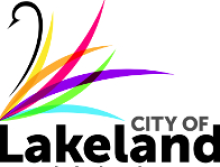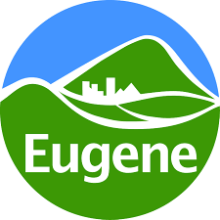Lakeland, Florida, Takes Small Steps
This spring, Lakeland city officials began contemplating the future of the city’s dark fiber network with an eye toward making a firm decision on whether or not to expand how they use it. Rather than pursue a municipal Internet network, Commissioners recently decided to seek out private sector partners to improve local connectivity.
Too Much For Lakeland?
Kudos to Christopher Guinn of the Ledger for very thorough reporting on the issue. According to his article, the city will release a Request for Proposals (RFP) for a solution that provides Gigabit (1,000 Megabits per second) connectivity to replace the current speeds in Lakeland. Cable serves the community now with maximum speeds of 150 Megabits per second (Mbps) download and about 10 Mbps upload.
In addition to the difficulty of establishing an Internet access utility, City Commissioners appeared intimidated by incumbents:
“I look at us trying to develop and design a fiber-to-the-home (network), the marketing, the technical support and all that, and going up against current providers, and I don’t see it,” Commissioner Don Selvage said.
Pilot Won't Fly
One of the options the Commission considered was a pilot project in a limited area, but that idea didn’t catch on either. Commissioner Justin Troller advocated for the pilot project:
“I think we should have a test area. If that’s something that costs we can say we tried it, we invested in it, it didn’t work and we’re moving on and finding a private partner,” Troller said.
He added: “I’m not against going out and seeing what the private sector will offer us. I’m saying how do we know we can’t do it if we don’t do it?”
While a number of Commissioners agreed that high-quality Internet access is critical for both economic development and the residents’ quality of life, fear of facing off against incumbent Charter overcame any vision of how a municipal network could benefit Lakeland:



